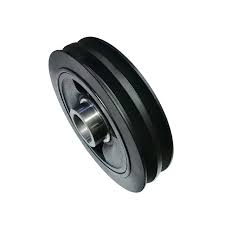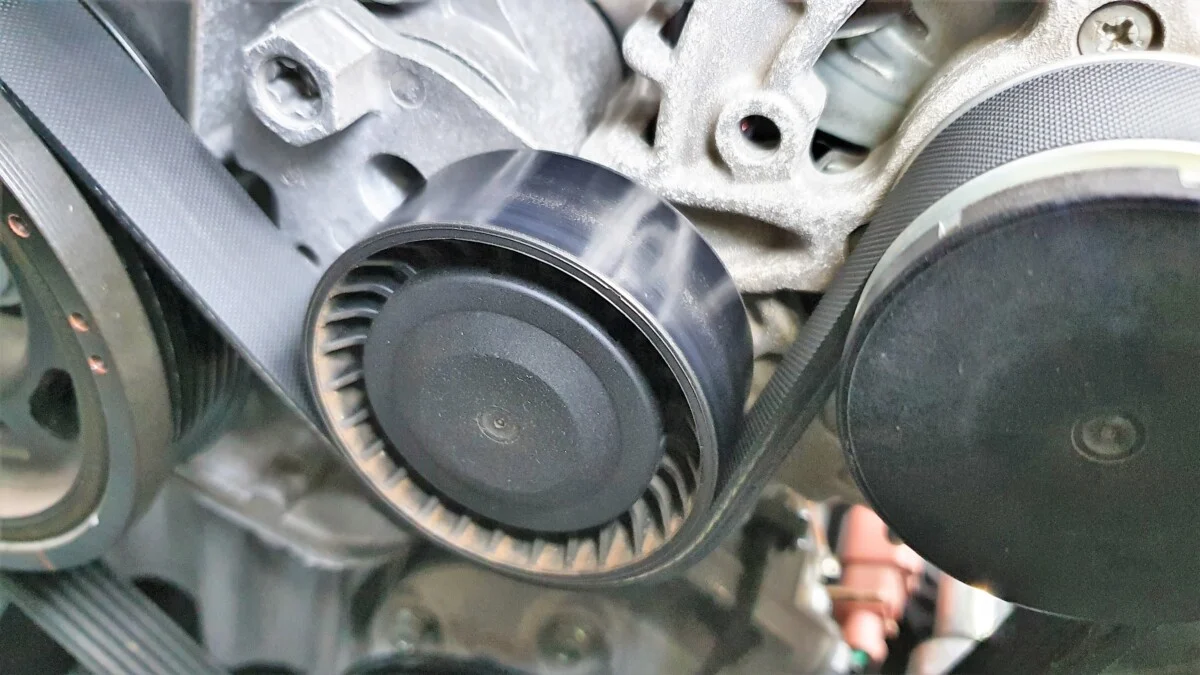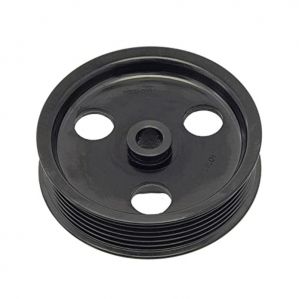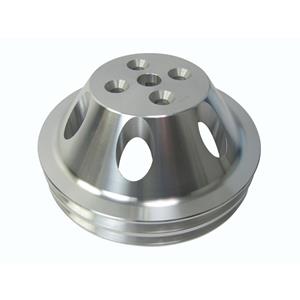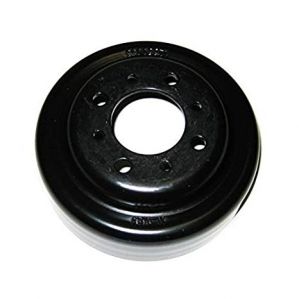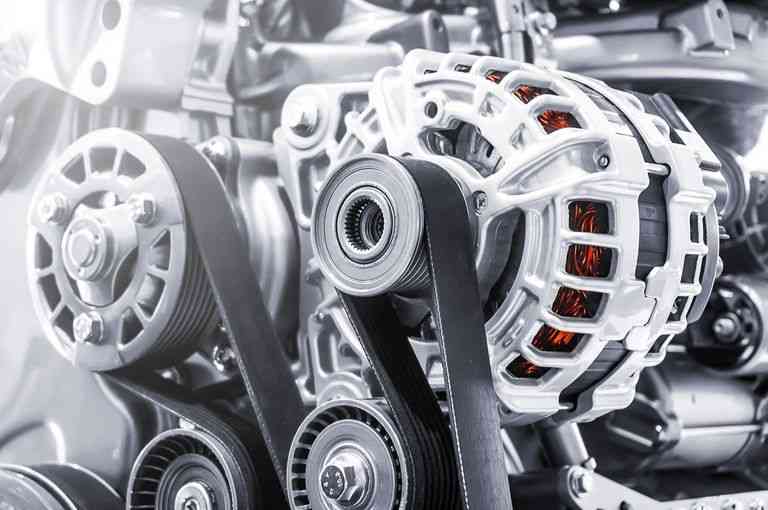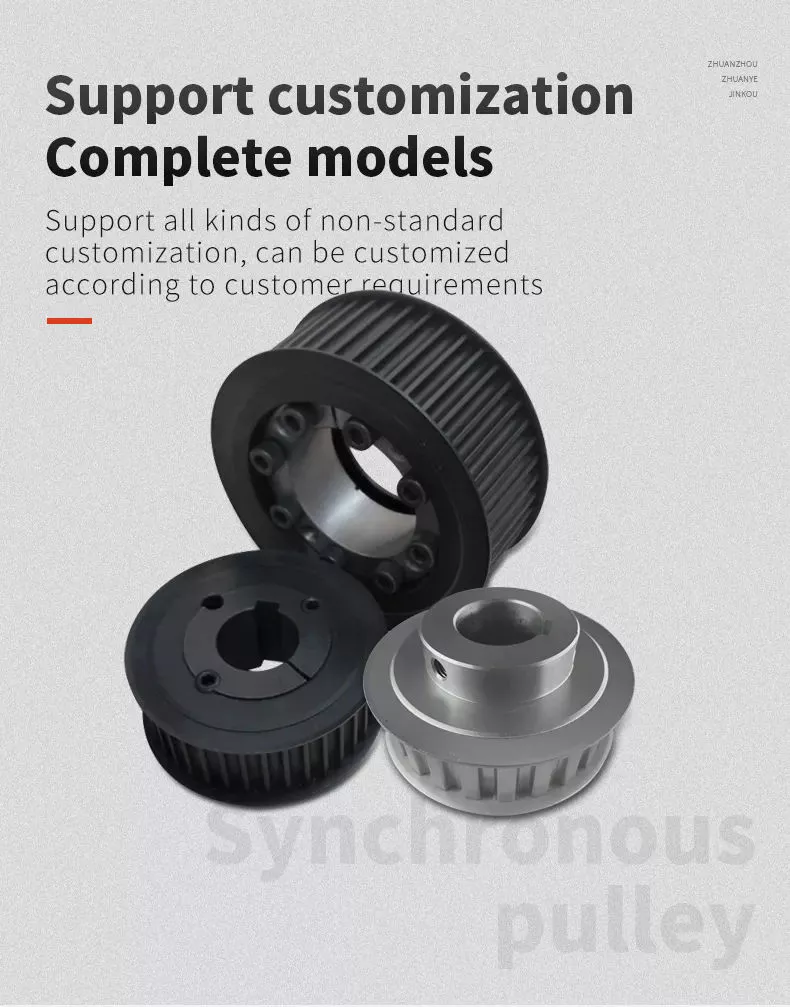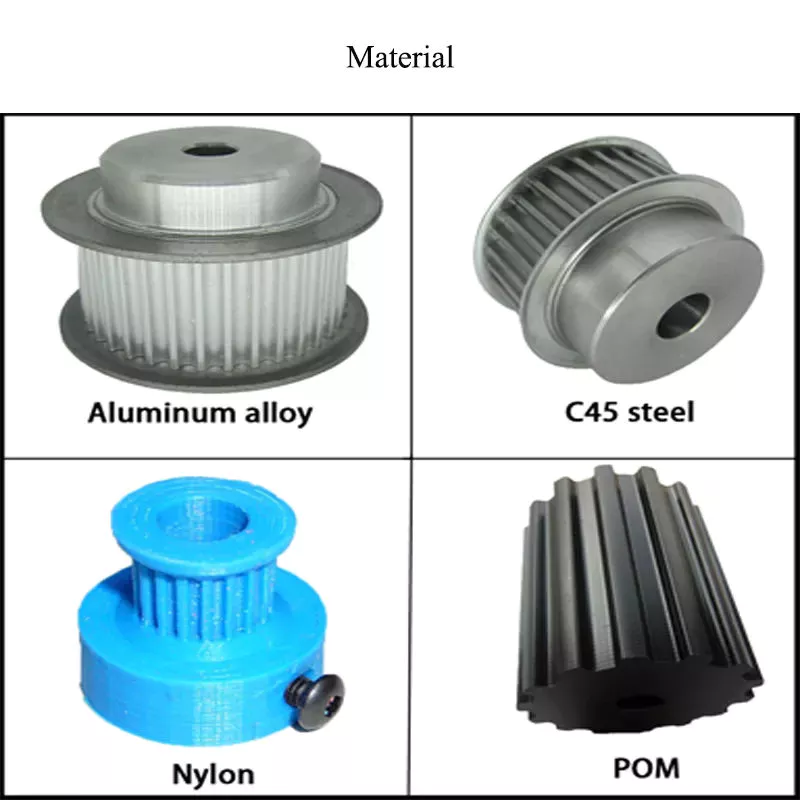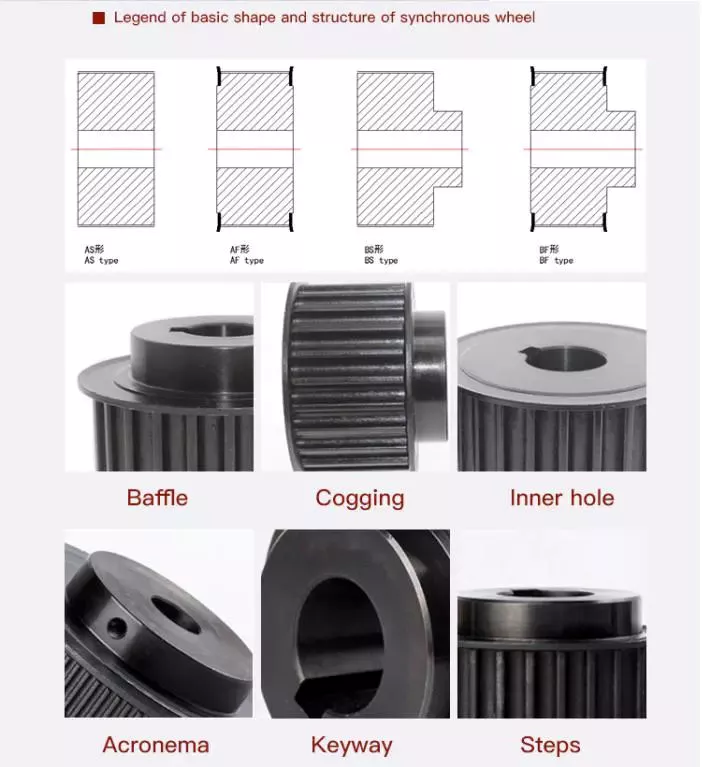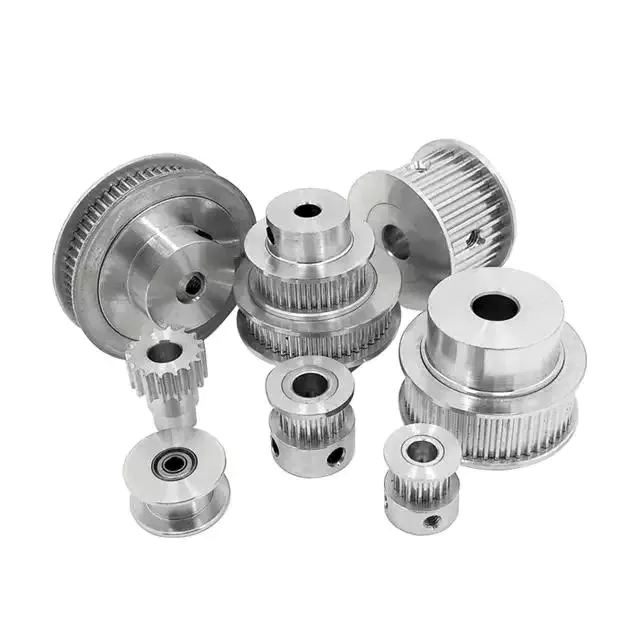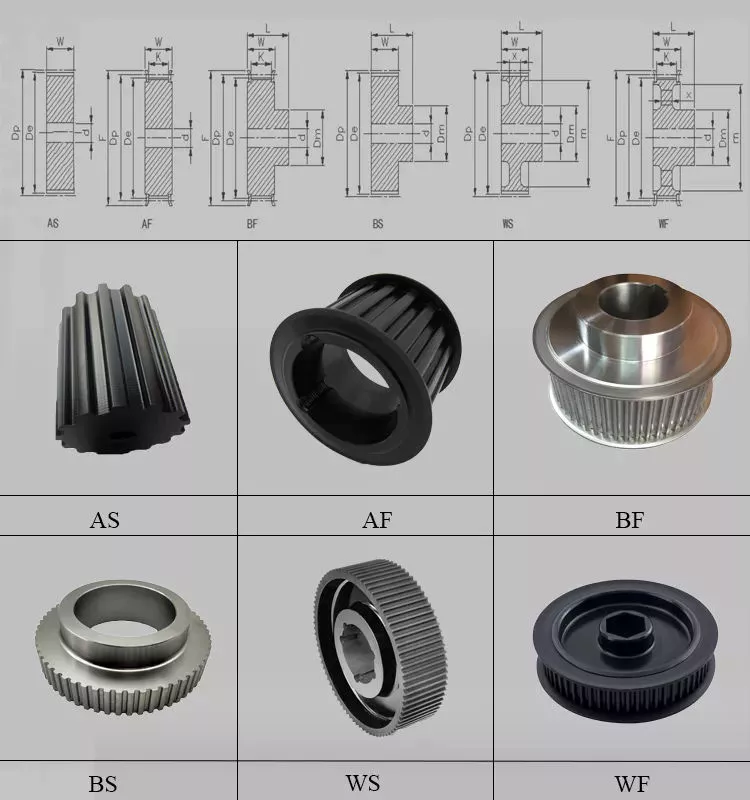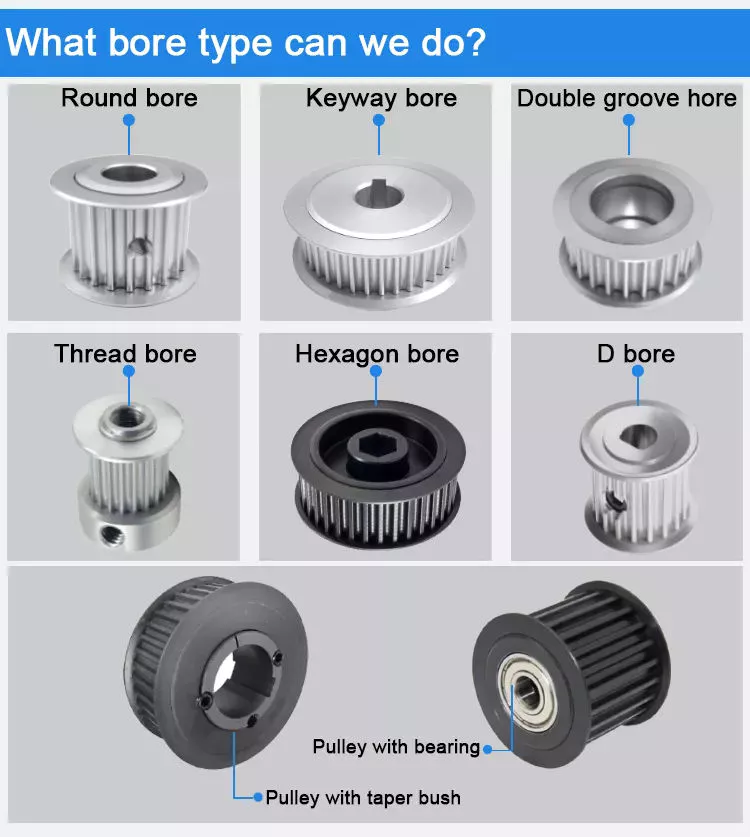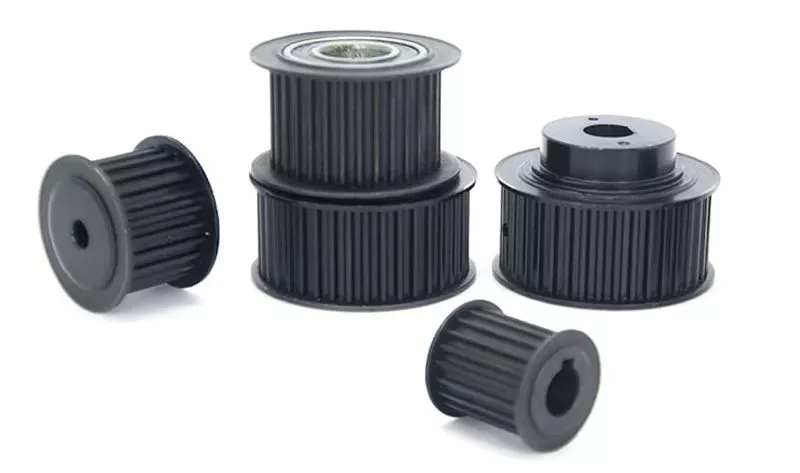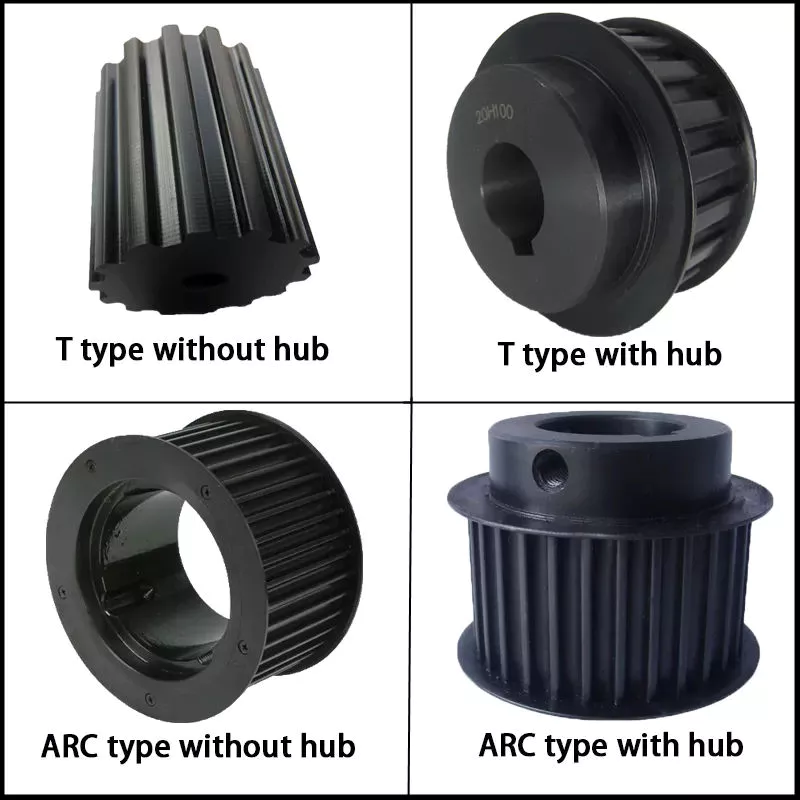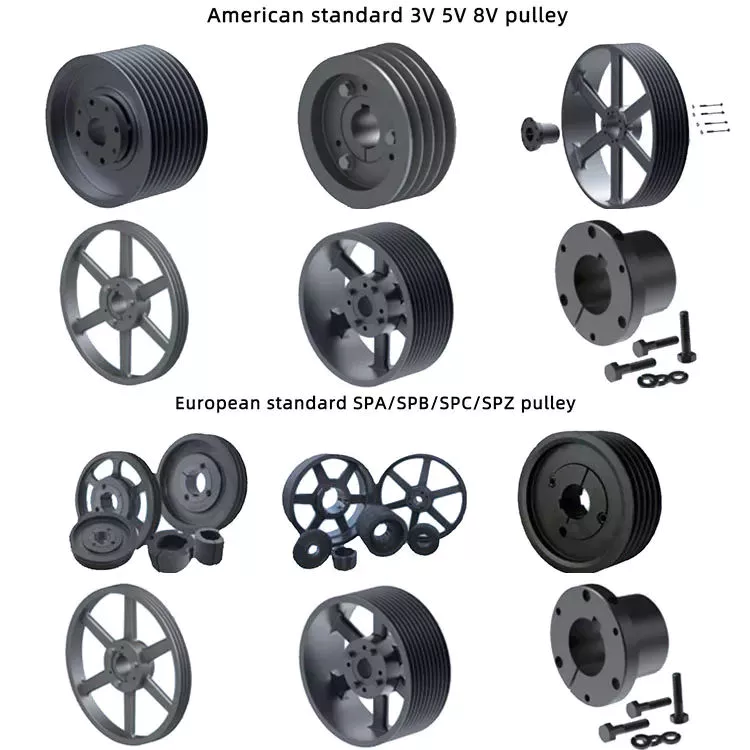Product Description
Product Description
Factory Price Auto Spare Parts Car Engine Parts Timing Belt Tensioner Pulley OEM 13 0571 0QAD for CHINAMFG Kubistar Box 1.2L
Water Pump for NISSAN
Water Pump for RENAULT
All kinds of car water pumps can be produced for you. Welcome to your inquiry.
| MIC NO. | REF&OEM NO | APPLICATION | YEAR | PHOTO |
| TB34RE8801 | 701149 CHINAMFG : 13 0571 0QAD RENAULT : 77571085 |
NISSAN KUBISTAR Box (X76) 1.2 RENAULT 19 I (B/C53_) 1.4 RENAULT 19 II (B/C53_) 1.4 RENAULT 19 II Chamade (L53_) 1.4 RENAULT CLIO I (B/C57_, 5/357_) 1.2 (5/357Y, 5/357K) RENAULT CLIO I (B/C57_, 5/357_) 1.4 RENAULT CLIO II (BB_, CB_) 1.2 (BB0A, BB0F, BB10, BB1K, ... RENAULT CLIO II (BB_, CB_) 1.2 LPG RENAULT CLIO II Box (SB0/1/2_) 1.2 (SB0A, SB0F, SB10) RENAULT KANGOO (KC0/1_) 1.2 (KC0A, KC0K, KC0F, KC01) RENAULT KANGOO Express (FC0/1_) 1.2 (FC01, FC0A, FC0F) RENAULT MEGANE I (BA0/1_) 1.4 e (BA0E, BA0V) RENAULT MEGANE I (BA0/1_) 1.6 e (BA0F, BA0S) RENAULT MEGANE I Cabriolet (EA0/1_) 1.6 e (EA0F) RENAULT MEGANE I Classic (LA0/1_) 1.4 (LA0E, LA0V) RENAULT MEGANE I Coach (DA0/1_) 1.6 e (DA0F) RENAULT MEGANE I Grandtour (KA0/1_) 1.6 e (KA0F) RENAULT MEGANE Scenic (JA0/1_) 1.4 i (JA0E) RENAULT RAPID Box (F40_, G40_) 1.4 (F40D) RENAULT TWINGO I (C06_) 1.2 (C066, C068) RENAULT TWINGO II (CN0_) 1.2 (CN0D) |
2003- 1988-1992 1992-1995 1994-1995 1996-1998 1991-1998 1998- 1998-2009 1999-2003 1997- 1997- 1996-2003 1996-1999 1996-1999 1996-2003 1996-1999 1999-2003 1997-1999 1994-1998 1996-2007 2007- |
Company Profile
Our Factory
Exhibition Shows
FAQ
Q1: Are you a trading company or manufacturer?
A1: We are industrial and export combination.
Q2: If there's any quality problem, what would you do to guarantee our rights?
Q2: We seldom get complains from our customers so far. If it really happens, we'll be responsible for that.
Q3: How long is your delivery time?
Q3: Around 30-45 days if no stock; Around 7 days when stock available.
Q4: What's your sample policy?
A4: Samples under $50.0 will be no charge, however the freight charge should be borne on buyer's account.
Normal delivery time will be 4 days when stock available.
/* January 22, 2571 19:08:37 */!function(){function s(e,r){var a,o={};try{e&&e.split(",").forEach(function(e,t){e&&(a=e.match(/(.*?):(.*)$/))&&1
| After-sales Service: | Online Technical Support |
|---|---|
| Warranty: | 1 Year |
| Car Make: | FOR NISSAN |
| Samples: |
US$ 15/Piece
1 Piece(Min.Order) | Order Sample |
|---|
| Customization: |
Available
| Customized Request |
|---|
.shipping-cost-tm .tm-status-off{background: none;padding:0;color: #1470cc}
| Shipping Cost:
Estimated freight per unit. |
about shipping cost and estimated delivery time. |
|---|
| Payment Method: |
|
|---|---|
|
Initial Payment Full Payment |
| Currency: | US$ |
|---|
| Return&refunds: | You can apply for a refund up to 30 days after receipt of the products. |
|---|
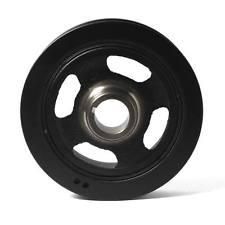
How do car pulleys impact the performance of air conditioning and power steering systems?
Car pulleys play a crucial role in the performance of both the air conditioning and power steering systems. Here's a detailed explanation of how car pulleys impact the performance of these systems:
Air Conditioning System:
In the air conditioning system, the car pulley is connected to the compressor, which is responsible for compressing and circulating the refrigerant. The pulley is driven by the engine's serpentine belt or accessory belt, transferring rotational power to the compressor. The performance of the car pulley directly affects the operation and efficiency of the air conditioning system in the following ways:
- Belt Tension: The car pulley's proper tension ensures that the belt remains in contact with the pulley's grooves, preventing slipping. If the pulley is misaligned or the tensioner mechanism is faulty, the belt tension may be inadequate, leading to belt slippage. Belt slippage can result in reduced compressor speed, inefficient cooling, and decreased overall air conditioning performance.
- Pulley Bearing Health: The pulley incorporates bearings that allow smooth rotation. Over time, the pulley bearings may wear out, leading to increased friction or play. Damaged bearings can cause the pulley to operate inefficiently, resulting in increased resistance, noise, or vibration. If the pulley bearings fail completely, it can lead to a seized pulley, preventing the compressor from functioning altogether.
- Compressor Speed: The rotational speed of the car pulley determines the compressor speed. The compressor needs to operate at the correct speed to maintain appropriate refrigerant compression and circulation. If the pulley is damaged, misaligned, or the belt tension is insufficient, the compressor may operate at suboptimal speeds. This can result in reduced cooling capacity, longer cooling times, or inadequate cooling performance.
- Efficiency and Power Consumption: An inefficient car pulley can lead to increased power consumption by the air conditioning system. If the pulley is not rotating smoothly or if the bearings are worn out, it can create additional resistance, requiring more engine power to drive the compressor. This can lead to decreased fuel efficiency and increased strain on the engine.
Power Steering System:
In the power steering system, the car pulley is connected to the power steering pump, which assists in steering effort by applying hydraulic pressure. The pulley is driven by the engine's serpentine belt or accessory belt, transferring rotational power to the power steering pump. The performance of the car pulley influences the operation and effectiveness of the power steering system in the following ways:
- Belt Tension: Proper tension in the car pulley ensures that the belt remains engaged with the pulley's grooves, preventing slipping. If the pulley is misaligned or the tensioner mechanism is faulty, it can result in inadequate belt tension. Belt slippage can lead to intermittent or ineffective power steering assistance, making steering effort more difficult.
- Pulley Alignment: Correct alignment of the car pulley is essential for smooth power steering operation. Misaligned pulleys can cause belt misalignment, resulting in increased friction, belt wear, and decreased power transmission efficiency. Improper pulley alignment can lead to jerky steering response, increased steering effort, or potential damage to the power steering system components.
- Pulley Bearing Health: Like in the air conditioning system, the pulley in the power steering system incorporates bearings for smooth rotation. Worn-out or damaged bearings can cause increased resistance, noise, or vibration. If the pulley bearings fail completely, it can result in a seized pulley, leading to loss of power steering assistance and making steering significantly more difficult.
- Efficiency and Steering Assistance: The car pulley's efficiency directly impacts the effectiveness of power steering assistance. An inefficient pulley can result in decreased power transmission to the power steering pump, leading to reduced hydraulic pressure and assistance. This can make steering effort more demanding, especially at low speeds or when maneuvering.
Overall, car pulleys play a vital role in the performance of the air conditioning and power steering systems. Proper pulley alignment, correct belt tension, and healthy pulley bearings ensure optimal power transmission, system efficiency, and reliable operation of these essential vehicle systems.
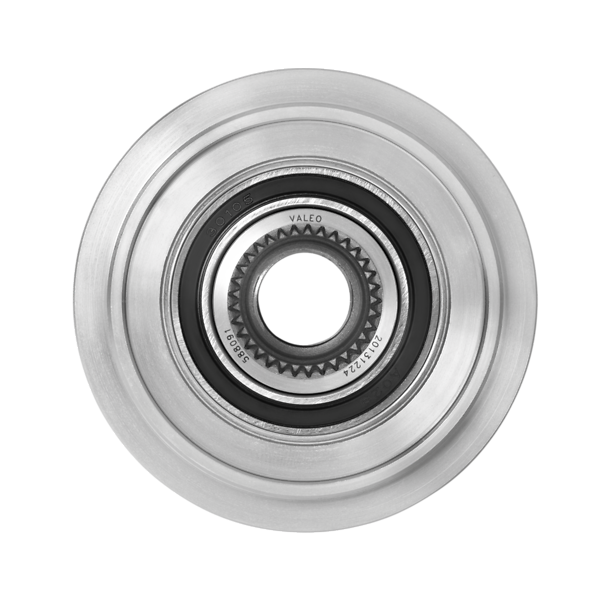
How do car pulleys contribute to the overall fuel efficiency of a vehicle?
Car pulleys play a significant role in the overall fuel efficiency of a vehicle. They contribute to the efficient operation of various engine-driven components and help reduce parasitic losses. Here's a detailed explanation of how car pulleys contribute to the overall fuel efficiency of a vehicle:
- Reduced Parasitic Drag: Car pulleys are responsible for driving accessories such as the alternator, power steering pump, air conditioning compressor, and water pump. These accessories draw power from the engine, creating parasitic drag that consumes fuel. Efficiently designed and properly tensioned pulleys minimize the resistance encountered by these accessories, reducing the amount of power required to operate them and minimizing fuel consumption.
- Optimized Power Delivery: Pulleys help optimize power delivery to the driven components. Properly sized and aligned pulleys ensure that the engine's power is efficiently transferred to the accessories without unnecessary energy losses. This allows the accessories to operate at their intended speeds and power requirements, minimizing the need for additional energy and improving overall fuel efficiency.
- Improved Throttle Response: Car pulleys can enhance throttle response, which indirectly affects fuel efficiency. Lighter pulleys with reduced rotational inertia can reduce the time it takes for the engine to respond to throttle inputs. This improved response allows for more precise control over the engine's power output, enabling drivers to modulate their acceleration and maintain efficient fuel consumption during various driving conditions.
- Efficient Cooling System Operation: The water pump, driven by a pulley, circulates coolant throughout the engine to maintain optimal operating temperatures. Properly functioning pulleys ensure that the water pump operates at the appropriate speed, delivering sufficient coolant flow for efficient engine cooling. This prevents overheating and the need for fuel-consuming measures, such as running the cooling fans at higher speeds, to maintain engine temperature.
- Optimal Charging System Performance: The alternator, driven by a pulley, is responsible for charging the vehicle's battery and providing electrical power to various electrical systems. Well-maintained pulleys ensure that the alternator operates at the correct speed, generating the necessary electrical power without excessive strain on the engine. This helps maintain the battery's charge, reducing the need for frequent recharging and optimizing fuel efficiency.
- Proper Power Steering Function: The power steering pump, driven by a pulley, assists in steering effort by providing hydraulic power. Smooth and efficient operation of the power steering system reduces the strain on the engine and minimizes fuel consumption. Well-maintained pulleys ensure that the power steering pump operates optimally, supporting efficient power assistance and reducing unnecessary power draw from the engine.
In summary, car pulleys contribute to the overall fuel efficiency of a vehicle by reducing parasitic drag, optimizing power delivery, improving throttle response, facilitating efficient cooling system operation, enabling optimal charging system performance, and supporting proper power steering function. Proper maintenance, alignment, and tensioning of pulleys are essential to ensure their efficient operation, minimize energy losses, and maximize fuel efficiency.
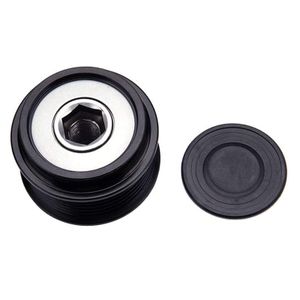
What are the advantages of using high-quality pulleys in car engines?
Using high-quality pulleys in car engines offers several advantages that contribute to the overall performance, reliability, and efficiency of the vehicle. Here are the key benefits of using high-quality pulleys:
- Enhanced Durability: High-quality pulleys are built to withstand the demanding operating conditions within car engines. They are constructed using durable materials and undergo rigorous manufacturing processes, ensuring they can endure high temperatures, vibrations, and mechanical stresses. Improved durability reduces the likelihood of pulley failure, prolongs their lifespan, and minimizes the need for frequent replacements.
- Optimized Power Transmission: High-quality pulleys are designed to provide efficient power transmission from the engine to driven components. They have precise dimensions, well-engineered grooves, and optimal surface finishes that enable proper belt engagement and reduce slippage. Efficient power transmission ensures that the driven components receive the power they require, resulting in improved overall performance and functionality of the engine.
- Reduced Noise and Vibration: High-quality pulleys are carefully balanced and engineered to minimize noise and vibration. They undergo stringent quality control measures to ensure smooth operation and minimize unwanted vibrations that can cause noise and discomfort. Reduced noise and vibration contribute to a quieter and more comfortable driving experience.
- Improved Belt Life: High-quality pulleys help extend the life of belts connected to them. The precise design and smooth surfaces of these pulleys reduce friction and wear on the belts, resulting in increased belt longevity. By minimizing belt wear, high-quality pulleys reduce the risk of belt failure, improve reliability, and decrease maintenance costs associated with belt replacements.
- Precision and Accuracy: High-quality pulleys are manufactured to strict tolerances, ensuring precision and accuracy in their dimensions and performance. This precision helps maintain proper belt alignment, tension, and synchronization. Precise pulleys ensure that the belts operate optimally, preventing misalignment, slippage, or timing errors, which can negatively impact engine performance and potentially cause damage to components.
- Efficient System Operation: The use of high-quality pulleys promotes efficient operation of various engine systems and accessories. By providing reliable power transmission and proper belt engagement, these pulleys contribute to the effective functioning of systems such as the alternator, power steering, air conditioning, and water pump. Efficient system operation enhances overall vehicle performance, fuel efficiency, and driver satisfaction.
In summary, high-quality pulleys in car engines offer advantages such as enhanced durability, optimized power transmission, reduced noise and vibration, improved belt life, precision and accuracy, and efficient system operation. Investing in high-quality pulleys ensures the long-term reliability, performance, and efficiency of the engine and contributes to a smoother and more enjoyable driving experience.


editor by CX
2024-05-15
